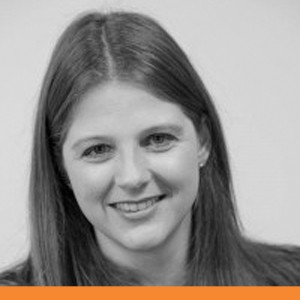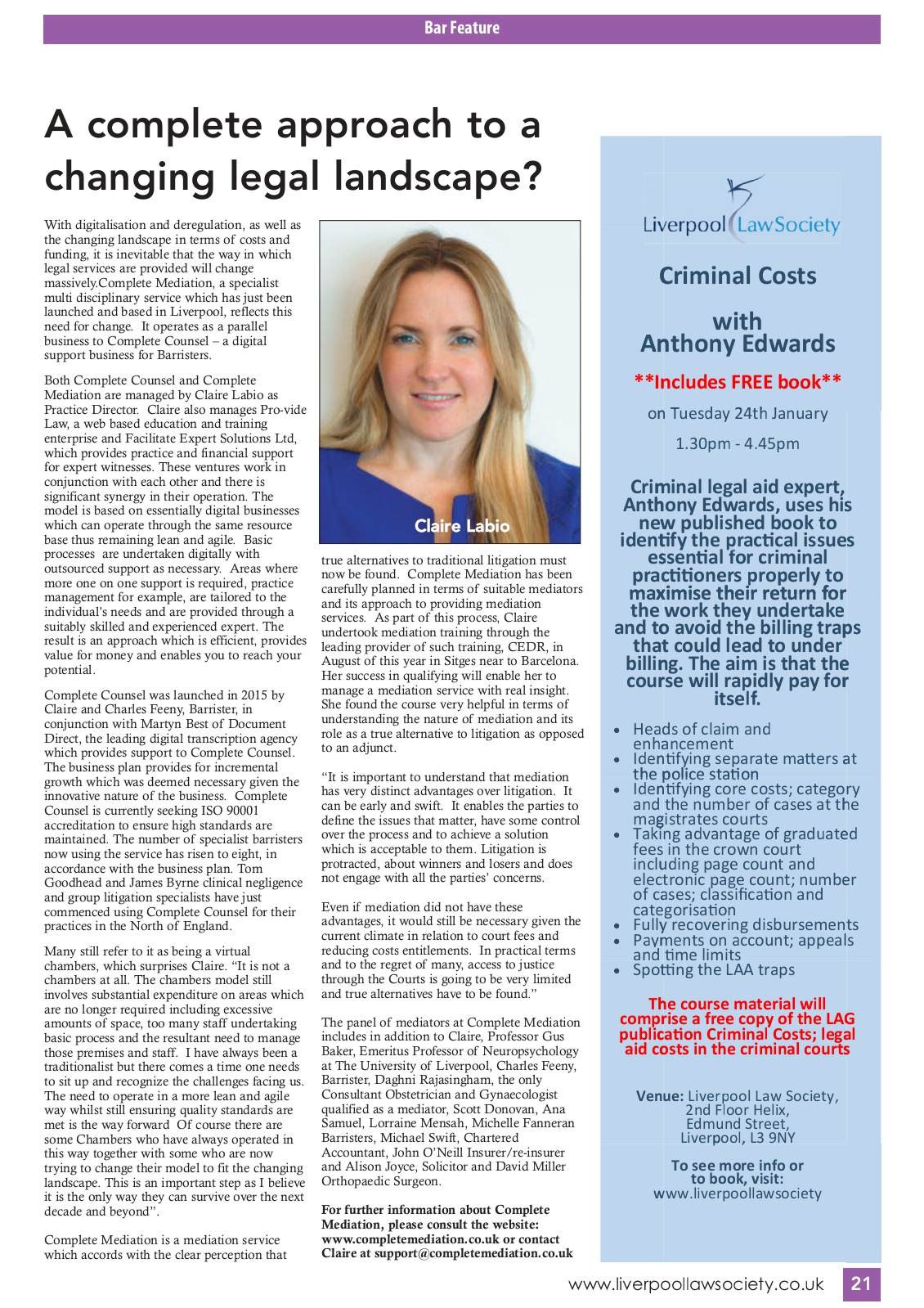Is serving medical evidence with Particulars of Claim mandatory?
I have recently had a number of solicitor clients asking me whether it is mandatory to serve medical evidence when serving Particulars of Claim. This question has taken on a renewed importance in light of the current COVID-19 crisis as many Claimant solicitors struggle to obtain medical evidence within the limitation period. This area is one in which the rules as laid down in Part 16 and the Practice Direction to Part 16 does not always reflect the approach taken by the courts. This note will summarise the position and provide some guidance going forward.
The starting point is Part 16 of the Civil Procedure Rules:
- (1) Particulars of claim must include –
- (a) a concise statement of the facts on which the claimant relies;
- (b) if the claimant is seeking interest, a statement to that effect and the details set out in paragraph (2);
- (c) if the claimant is seeking aggravated damages or exemplary damages, a statement to that effect and his grounds for claiming them;
- (d) if the claimant is seeking provisional damages, a statement to that effect and his grounds for claiming them; and
- (e)such other matters as may be set out in a practice direction.
Paragraph 4.3 of the Practice Direction to Part 16 further stipulates:
Where the claimant is relying on the evidence of a medical practitioner the claimant must attach to or serve with his particulars of claim a report from a medical practitioner about the personal injuries which he alleges in his claim.
Without descending into a forensic examination of the language of the rules it is noteworthy that the use of ‘is relying’ is drafted in the present tense. The situation arises whereby a Claimant ‘will be relying’ (future tense) on medical evidence which is not available at the point of serving. It is trite to those practicing within personal injury litigation that the claim will not succeed without medical evidence to satisfy the test of causation. The rule does not make express provision for such a situation which gives rise to the possibility of an arbitrary approach.
The most recent and authoritative guidance on this question was given by Spencer J in Mark v Universal Coatings & Services Limited[2018] EWHC 3206 (QB) at paragraph 49:
It seems to me that 16 PD.4 sets a benchmark because it is a practice direction which covers all personal injury claims from the most simple to the most complicated but which, in many of the more complicated cases, is honoured more in the breach than in the observance where the parties sensibly recognise the limitations of what can be achieved at the early stage of service of the Particulars of Claim. Thus, a defendant’s advisors will often agree that service of a medical report and schedule of loss at that stage is pointless. However, as I have stated, the defendant always has the option of recourse to the court.
Spencer J made two things clear in Mark v Universal Coatings & Services Limited:first, CPR PD 16.4.3 does not contain an implied sanction and therefore the principles of relief from sanction were not engaged; second, the onus is on the Defendant to make an application, where appropriate, when there has been a failure to serve medical evidence.
Spencer J also recognised that in complex cases it will often be pointless serving medical evidence at the same time as the Particulars of Claim. Whilst the judge did not explicitly draw a line between low complexity claims and high complexity claims there is a perception that such a distinction does exist. This is so because he explicitly left the door open to Defendants to revert to the court.
How does this help a Claimant who is struggling to obtain medical evidence before the expiration of limitation or before the date for service? The Claimant can serve safe in the knowledge that they have not fallen foul of any sanction. A note of caution though, in low-value low complexity cases, typically RTAs, a Defendant is likely to make an application to strike out and/or summary judgment on the basis that the Claimant’s case, at that point in time, cannot satisfy causation and therefore has no reasonable prospect of success.
Moving forward, the following guidance and practical points can be gleaned:
- Whilst CPR PD 16.4.3 is drafted as a mandatory provision, it does not contain an implied sanction.
- Proceedings are not to be considered defective if there is no medical evidence at the time of serving the Particulars of Claim. The Claimant can rest assured that the claim has been issued and served within time.
- A failure to serve medical evidence at the same time as the Particulars of Claim leaves open the possibility of the Defendant making an application to the court for a strike out and/or summary judgment. If the medical evidence is served before the hearing the Defendant’s application will likely fail.
- A pragmatic approach should be taken by parties in light of the case at hand. Where assurances have been provided that medical evidence will be served recourse to the court by the Defendant is unlikely to be successful. This is especially important if the reason for the delay is due to COVID-19.
Charles Austin
Charles.Austin@completecounsel.co.uk
Claire.Labio@completecounsel.co.uk
31stMarch 2020



 Mediation is already quicker and cheaper than more traditional legal practices, and it could be about to become a far more practical solution for businesses across the UK.
Mediation is already quicker and cheaper than more traditional legal practices, and it could be about to become a far more practical solution for businesses across the UK.


